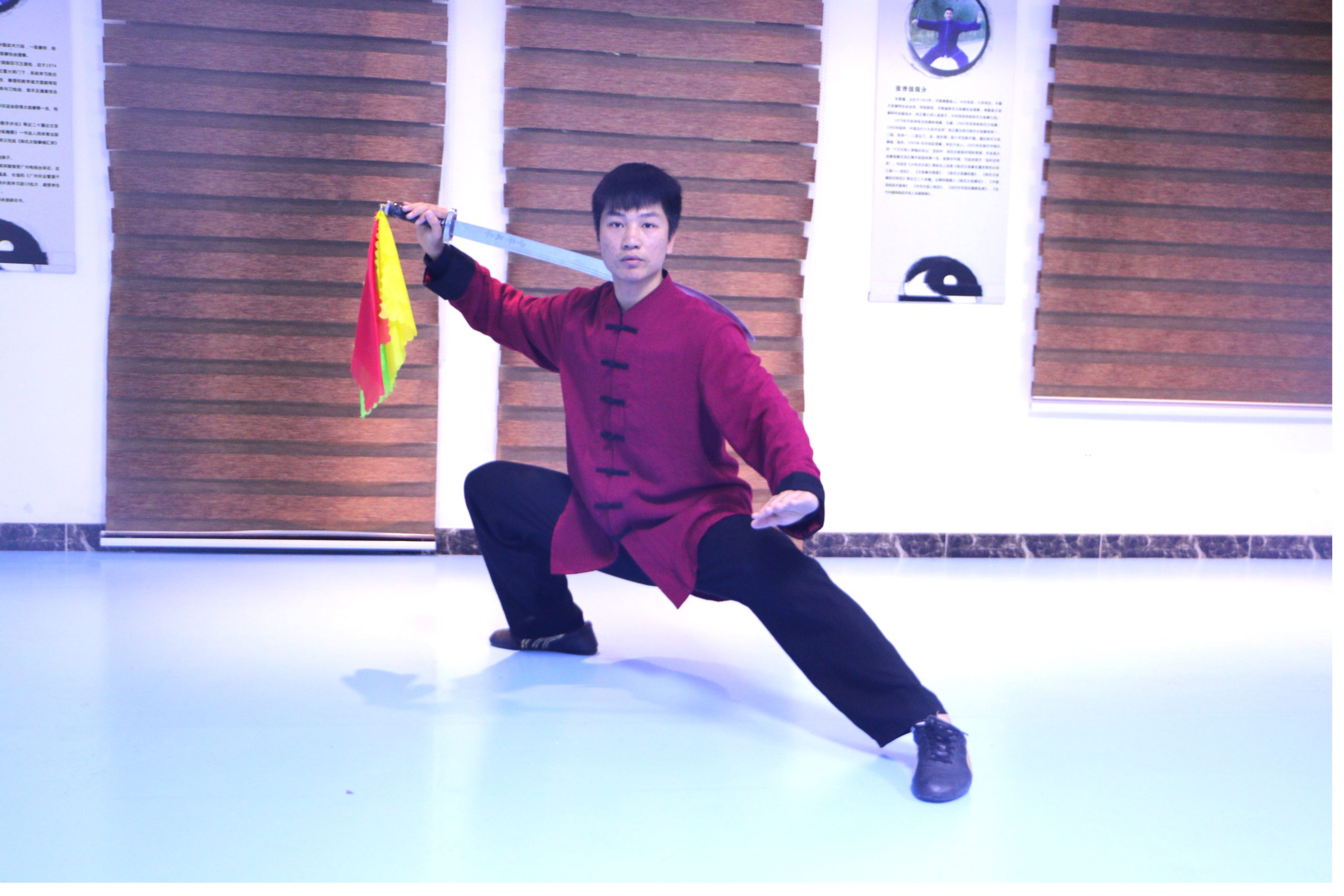Tai Chi, an ancient Chinese martial art, is increasingly recognized for its therapeutic benefits. Rooted in deep breathing and slow, deliberate movements, Tai Chi has transcended its origins to become a globally embraced exercise that offers extensive health advantages. This article delves into the myriad ways in which Tai Chi contributes to overall well-being.
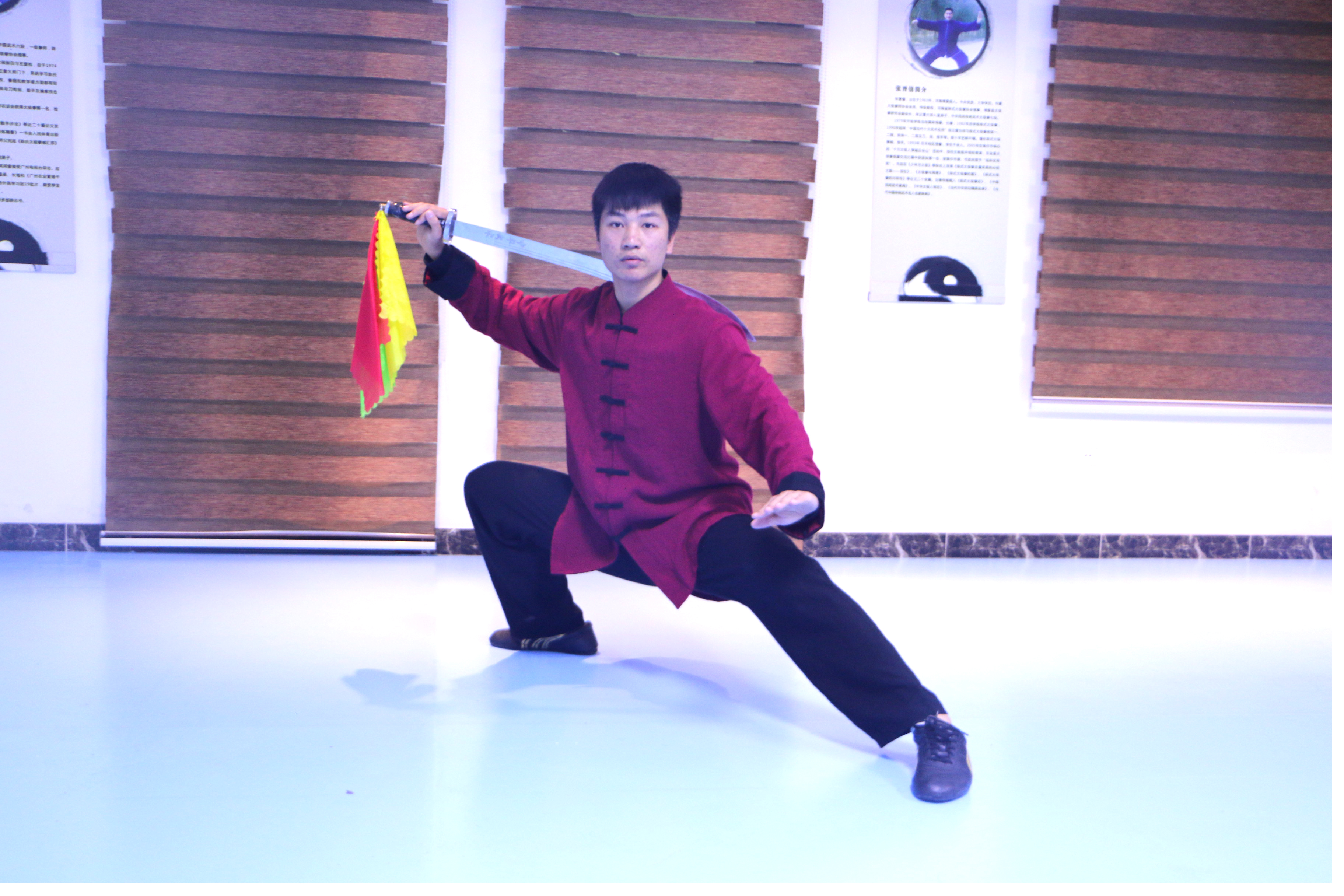
One of the primary Tai Chi benefits lies in its ability to improve mental health. Engaging in regular Tai Chi sessions can significantly alleviate symptoms of anxiety, depression, and stress. The practice encourages mindfulness and meditation, fostering a state of mental calmness and clarity. Studies have shown that participants often experience a reduction in cortisol levels, the body’s primary stress hormone, leading to a more relaxed state of mind.
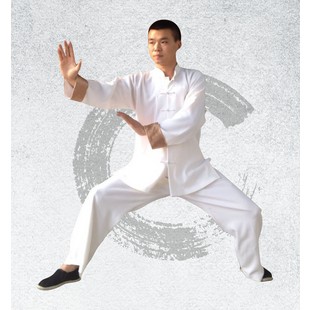
Physically, Tai Chi promotes flexibility, balance, and muscle strength. The gentle, flowing movements enhance joint mobility and help maintain bone density, crucial for preventing osteoporosis. Moreover, Tai Chi exercises are particularly beneficial for individuals suffering from arthritis, as they reduce stiffness and pain while improving overall joint function.
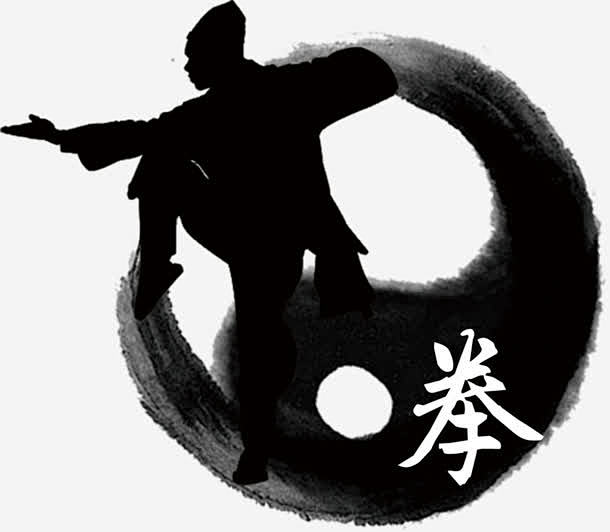
Another significant therapeutic benefit of Tai Chi is its cardiovascular impact. Despite its low-impact nature, Tai Chi elevates heart rate and improves circulation, contributing to better heart health. Regular practitioners often report lower blood pressure and improved cholesterol levels, reducing the risk of heart disease and stroke.

Furthermore, Tai Chi enhances the immune system. By promoting relaxation and reducing stress, it supports the body’s natural defense mechanisms. A robust immune system is essential for warding off illness and maintaining optimal health.
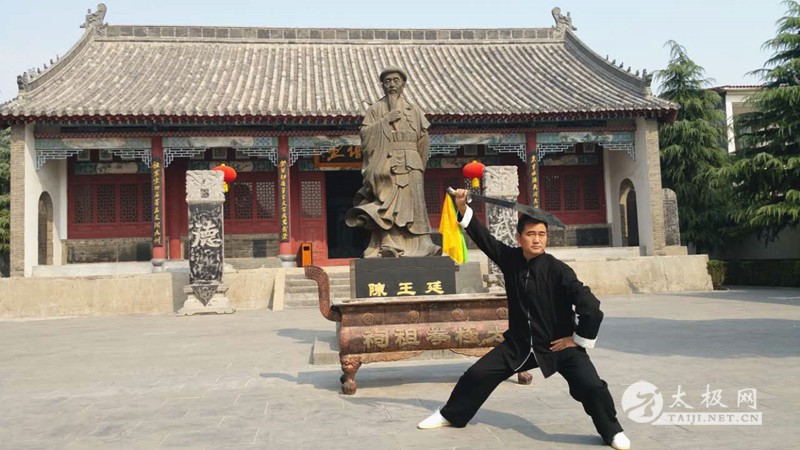
In addition, Tai Chi is highly effective in improving sleep quality. The calming effects of the practice help regulate sleep patterns, making it easier to fall asleep and stay asleep through the night. Better sleep, in turn, supports all aspects of physical and mental health, creating a positive feedback loop.
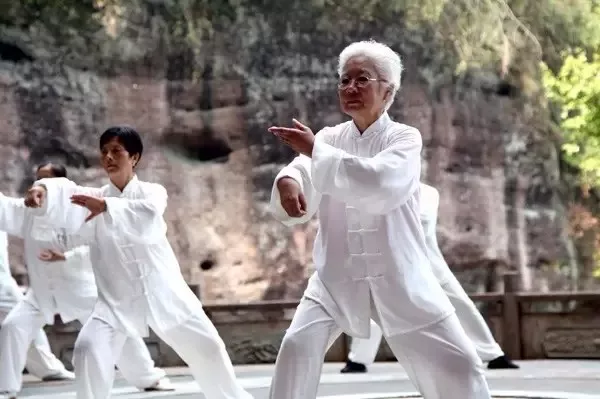
For those with chronic pain, Tai Chi offers a non-pharmacological solution. The controlled, mindful movements can reduce pain perception and improve the quality of life. Many find that Tai Chi provides relief from conditions such as back pain, fibromyalgia, and migraines without the side effects associated with medication.
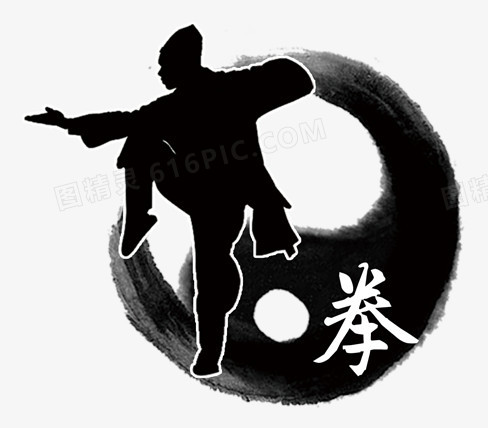
Moreover, Tai Chi serves as a powerful tool for enhancing proprioception and spatial awareness. The practice demands concentration on body positioning and movement coordination, which can translate to improved balance and reduced risk of falls, especially in older adults.
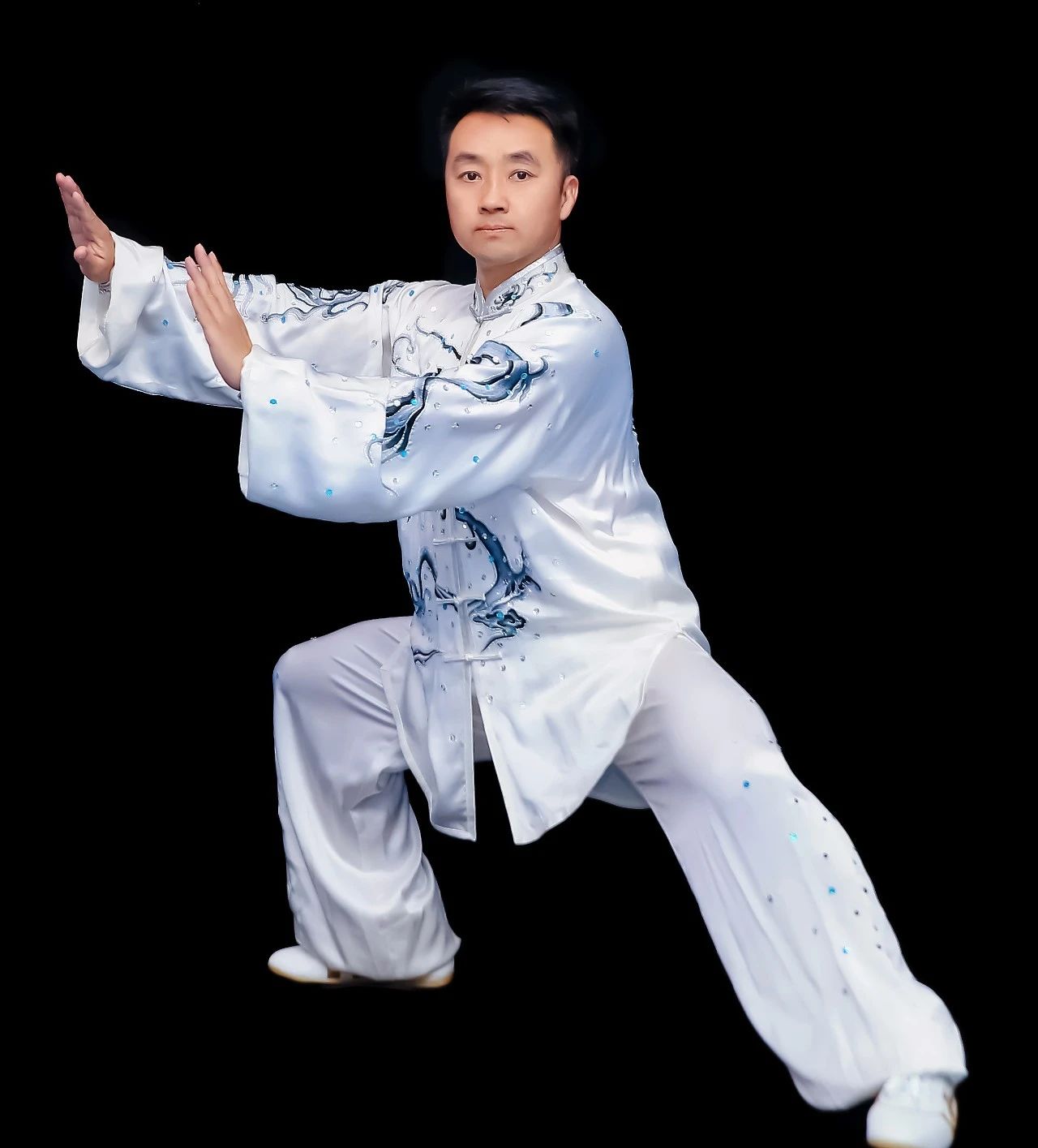
In conclusion, Tai Chi is a multifaceted exercise regimen with profound health benefits. Its integration of physical, mental, and emotional elements makes it a uniquely holistic approach to wellness. Whether seeking relief from chronic conditions, aiming to boost mental health, or simply looking to improve overall fitness, Tai Chi offers a path to enhanced well-being that is both accessible and sustainable.
